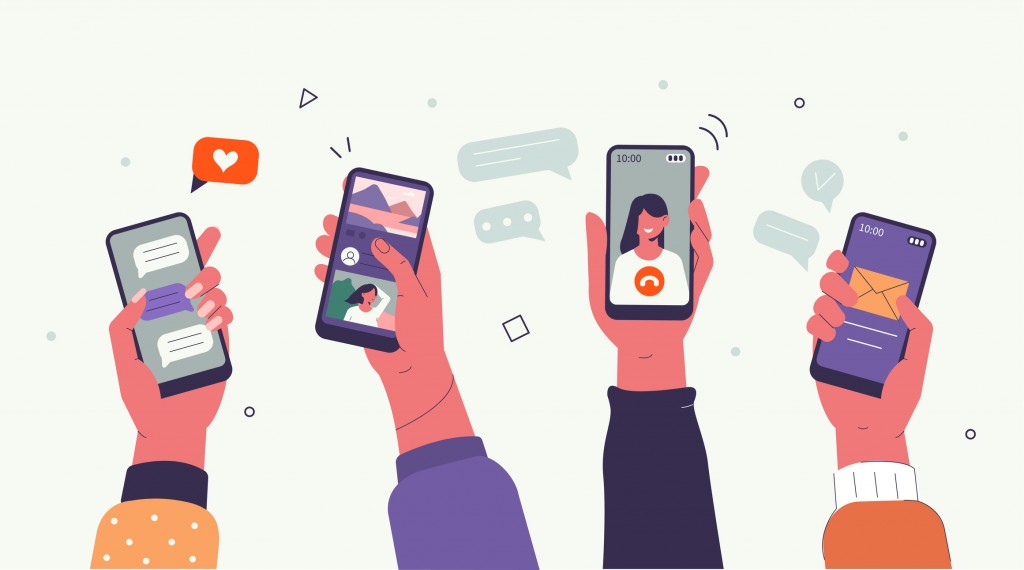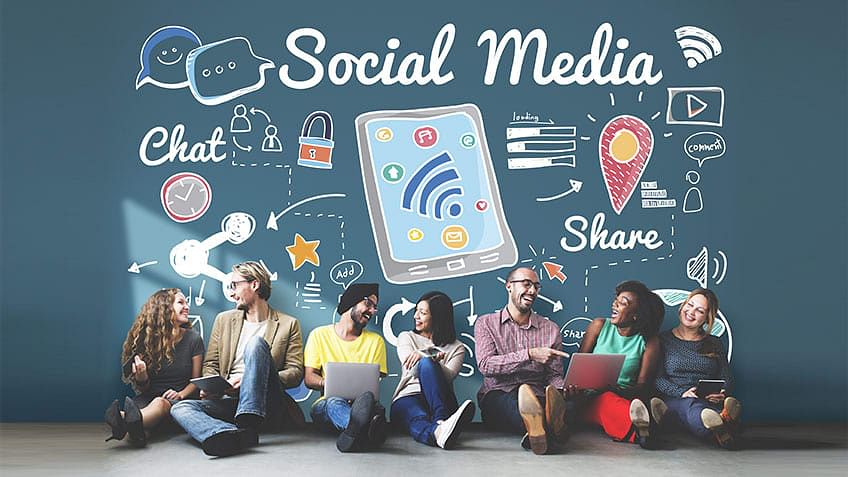Table of Contents
Introduction: The Influence of Social Media
The Good: How Social Media Benefits Society
The Bad: The Downside of Social Media
The Ugly: The Dark Side of Online Platforms
Moving Forward: A Path to Responsible Social Media Use
Tips for Safe and Responsible Social Media Use
Introduction: The Influence of Social Media
Social media has become an undeniable force in modern society, profoundly affecting how we communicate, consume information, and interact with the world. Platforms like Facebook, Instagram, Twitter, and YouTube boast billions of active users globally, making them central to the everyday lives of individuals and businesses alike. Social media's influence is pervasive, shaping trends, opinions, and even political landscapes. While these platforms offer an unprecedented opportunity for connection and expression, they also introduce challenges and risks that can affect mental health, privacy, and societal well-being. This article examines the multifaceted nature of social media, exploring both the positive aspects and the troubling issues that arise with its widespread use.
The Good: How Social Media Benefits Society
Social media's positive aspects are many, primarily revolving around connectivity and accessibility. One of the most significant advantages of online platforms is their ability to connect individuals across vast geographical and cultural distances. Whether reconnecting with long-lost friends or finding new communities based on shared interests, social media has bridged divides that were once insurmountable.
Moreover, social media serves as a powerful tool for raising awareness about critical issues. Movements for social justice, climate change, and human rights have found a platform in the digital world, where information spreads quickly, and the voices of the marginalized can be heard. By providing individuals the opportunity to share stories, social media empowers activism and advocacy, contributing to the global dialogue on pressing concerns.
In the business world, social media has revolutionized marketing and customer engagement. Companies now use platforms to build brand identity, directly interact with customers, and reach wider audiences with targeted advertisements. For businesses of all sizes, social media provides an invaluable means to connect with potential customers, promote products, and grow brand loyalty.
Finally, social media is a thriving hub for creativity and entertainment. Viral videos, memes, and user-generated content provide endless entertainment and creative expression. These platforms have democratized content creation, allowing anyone with a smartphone to share their ideas and talents with the world. From artists to influencers, social media fosters an environment where creativity can flourish.
The Bad: The Downside of Social Media
While the advantages of social media are clear, the negative effects are equally concerning. One of the most pressing issues is the addictive nature of these platforms. The constant stream of notifications, likes, and comments can create a cycle of compulsive checking, leading to a loss of productivity and, more troublingly, negative effects on mental health. Studies have shown that prolonged use of social media can contribute to anxiety, depression, and feelings of isolation, especially among younger users who are more susceptible to social comparison.
Another issue is the prevalence of misinformation and fake news on social media. False information spreads quickly and widely, often faster than corrections can be made. This creates an environment where it's difficult to discern fact from fiction, and individuals may make decisions based on misleading or false data. The spread of fake news can have real-world consequences, from influencing elections to undermining public health initiatives.
Privacy concerns are also a significant downside of social media. Platforms collect vast amounts of personal data, which can be exploited for targeted advertising or even be sold to third parties without users' full knowledge or consent. Data breaches and cyberattacks are persistent threats, and users often find their private information exposed in the wake of such incidents. These concerns make it clear that social media platforms, while offering valuable services, also pose significant risks to users' personal information.
Furthermore, social media algorithms can create "echo chambers," where users are only exposed to information that aligns with their pre-existing beliefs. This can result in greater polarization and a lack of meaningful dialogue, as opposing viewpoints are filtered out or dismissed. Such environments reduce the opportunity for constructive conversation, making it harder to engage in debates that promote mutual understanding.
The Ugly: The Dark Side of Online Platforms
The darker side of social media presents some of its most disturbing issues. Cyberbullying is one of the most significant problems, as the anonymity provided by online platforms allows individuals to harass and threaten others without facing real-world consequences. This has led to a rise in mental health problems, particularly among teenagers, who are more vulnerable to online abuse. Social media companies have made efforts to curb bullying, but the issue remains widespread.
Hate speech and extremism are also amplified on social media, as extremist groups exploit these platforms to recruit members, spread harmful ideologies, and incite violence. The spread of hate speech can have serious real-world consequences, fostering division, violence, and intolerance. Social media platforms have been criticized for not doing enough to combat these issues, though efforts are ongoing to address them.
Finally, social media is increasingly used to perpetrate scams and fraud. Phishing attacks, fake profiles, and financial scams have become more sophisticated, targeting unsuspecting individuals. As a result, social media has become a dangerous environment for those unaware of these risks, especially older adults and people unfamiliar with digital security practices.
Moving Forward: A Path to Responsible Social Media Use
Despite the challenges, social media can still be a powerful tool for good if used responsibly. Moving forward, it is essential for users to be aware of both the positive and negative aspects of these platforms and to engage with them thoughtfully. Social media companies must also take greater responsibility for protecting user data, addressing harmful content, and creating safer online environments. Users should be critical of the information they encounter, question the motives behind certain posts, and be vigilant about their privacy settings.
Ultimately, social media is a tool—a reflection of society’s values and behaviors. By fostering digital literacy, empathy, and responsibility, we can harness the potential of these platforms while mitigating their harmful effects.
Tips for Safe and Responsible Social Media Use
To navigate the complexities of social media safely, consider the following tips:
Limit your time spent on social media to avoid overuse.
Be skeptical of the information you encounter; verify before believing.
Think critically before posting or engaging with content.
Review and adjust your privacy settings regularly.
Report instances of cyberbullying, harassment, and hate speech.
Take regular breaks from social media to recharge and maintain a healthy balance.
Remember, social media is a tool, and how we use it determines its impact on our lives and the world. By being mindful of its effects and using it responsibly, we can help ensure that it remains a force for good.


You must be logged in to post a comment.